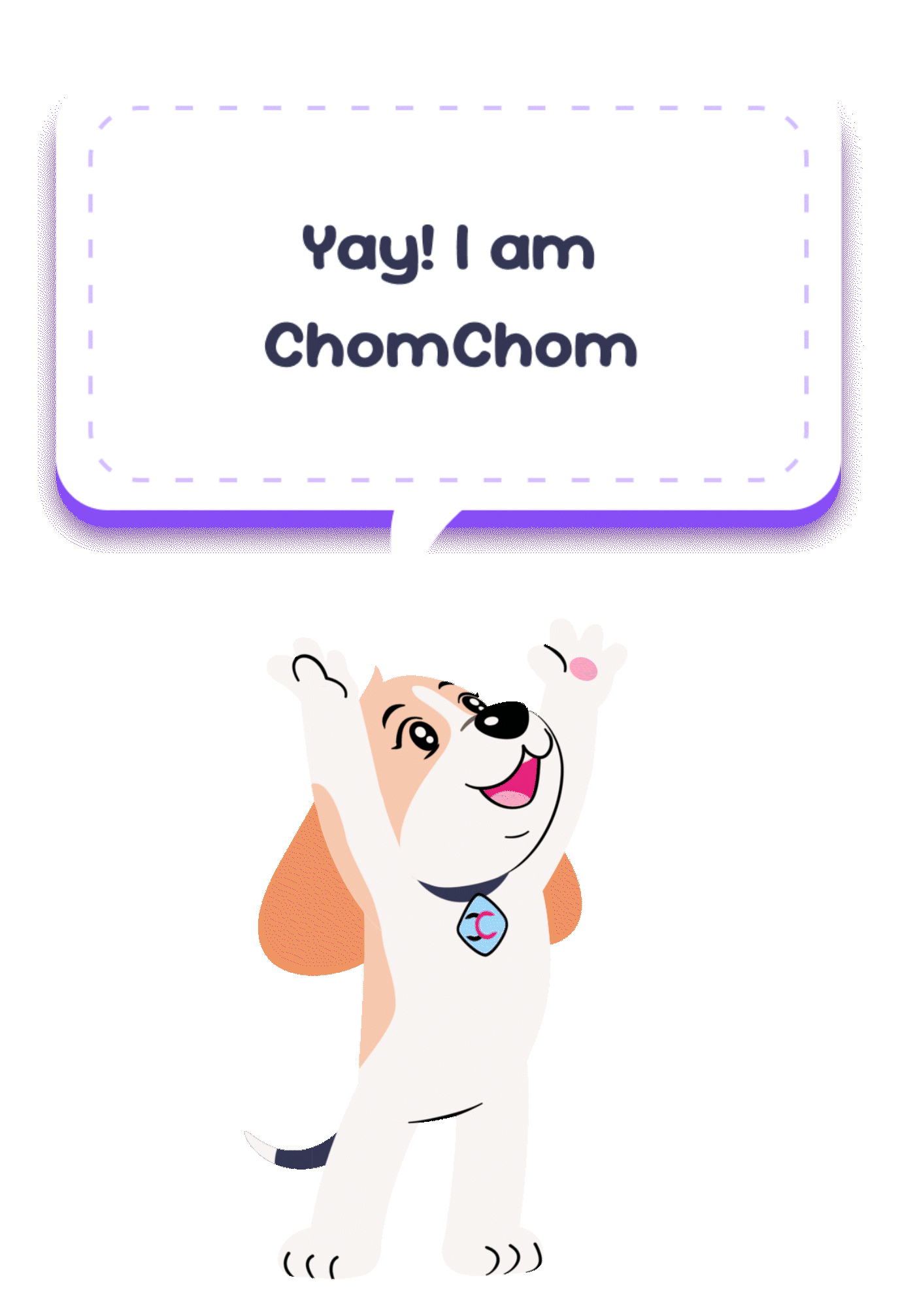Designed by licensed therapists, ChomChom is a scientifically-informed platform grounded in established research from developmental psychology, neuroscience, and education. As an evidence-based therapeutic practice tool available for use at home, ChomChom delivers real-time progress data, effectively bridging the data void that currently exists between parents and caregivers.
The fundamental philosophy underpinning our approach is rooted in the interdisciplinary field of Mind, Brain, and Education (MBE). This framework seeks to bridge the gap between cognitive neuroscience, developmental psychology, and practical educational methods. By integrating these three domains, ChomChom ensures that its tools are not only therapeutically effective but also aligned with how a child’s brain naturally learns and develops.
This platform is more than just a collection of games; it is a thoughtful fusion of “playful activities and games with learning science”. This intentional blend allows ChomChomTech to address key areas of development, including organization skills, habit building, emotional resilience, problem-solving, and conflict resolution, all while ensuring the experience is both entertaining and non-addictive.1 By taking a holistic, 360-degree approach, ChomChomTech aims to empower a child’s social-emotional growth while simultaneously providing parents, educators, and counselors with comprehensive, data-driven insights to support their efforts. The platform’s design reflects a deep understanding that effective learning and development are not isolated from emotional and social well-being.

-Dr. Daniel J. Siegel; clinical professor of psychiatry and co-author of The Whole-Brain Child
At its core, ChomChom is built on the thoughtful fusion of “playful activities and games with learning science.” This intentional blend ensures that engagement is high while the risk of addiction is low. The platform transforms learning into a fun, non-addictive experience. Our Mind-Brain-Education approach is built on three core concepts from educational neuroscience
Executive functions are the “air traffic control” system of the brain, managing skills like self-control, planning, and adaptable thinking. Our bite-sized challenges are specifically designed to help children practice and develop these crucial functions, which are foundational for success in school and life.
The brain has a remarkable ability to reorganize itself by forming new neural connections. This is how we learn and form new habits. ChomChomTech’s structured, repeated, and rewarding activities are designed to leverage this plasticity, reinforcing positive behavioral and cognitive patterns in a child’s developing brain.
Research shows that an engaged brain is a key condition for effective learning. Our use of “playtime” and “interactive adventures” is a deliberate strategy to create an optimal brain state for learning, capturing a child’s attention and leveraging their natural reward systems to facilitate skill acquisition.
ChomChom’s curriculum is aligned with the CASEL framework, a research-backed model for promoting positive development through five core competencies: Self-Awareness, Self-Management, Social-Awareness, Relationship Skills, and Responsible Decision-Making. This alignment is significant, as a landmark meta-analysis of over 207,000 K-12 students found that participants in CASEL-based programs saw an average increase of 11 percentile points on standardized test scores. Furthermore, ChomChom’s gamified design is an evidence-based approach to learning, with systematic reviews showing its primary purpose is to increase children’s motivation and engagement. For example, one study found that students using game-based learning were on-task 93% of the time, compared to only 72% without it. This strategic application of learning science leverages the brain’s natural reward systems for effective and engaging skill-building.
Gamification works by tapping into the brain’s natural reward systems. For children, especially those with ADHD, this is transformative. Clear goals, instant feedback, and small wins activate dopamine production, which improves attention, task completion, and memory. Our “bite-sized” activities reduce overwhelm and make skill-building feel like fun.
Our AI-powered platform moves beyond a one-size-fits-all model. It intelligently crafts a unique learning journey for every child, adapting activities based on their interests and emotional responses. This personalization provides data-driven insights to parents and educators, empowering them to provide more effective, responsive support.
This section provides a curated list of the foundational and supporting research that informs the design and principles of the ChomChomTech platform. This compilation of academic papers, organizational reports, and expert commentary demonstrates the company’s commitment to building a product grounded in a robust body of evidence.
A.1. Foundational Research
A.2. Studies on Gamification and Learning
A.3. Research on AI in Education
A.4. Clinical Trials and Digital Therapeutics
A.5. Key Industry and Expert Commentary
eLearning Trailblazers: Learning Science Extraordinaires, accessed August 21, 2025, https://elearningindustry.com/elearning-trailblazers-learning-science-extraordinaire

Subscribe to our newsletter and never miss our update